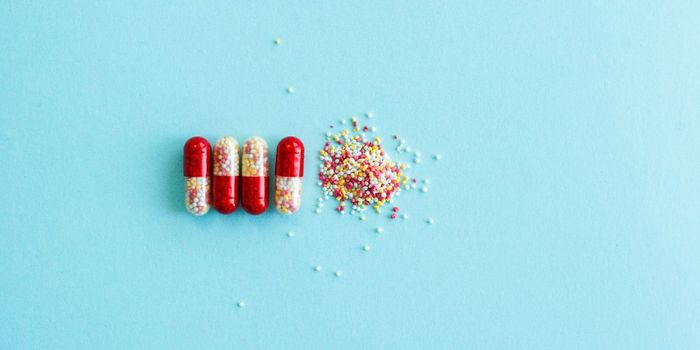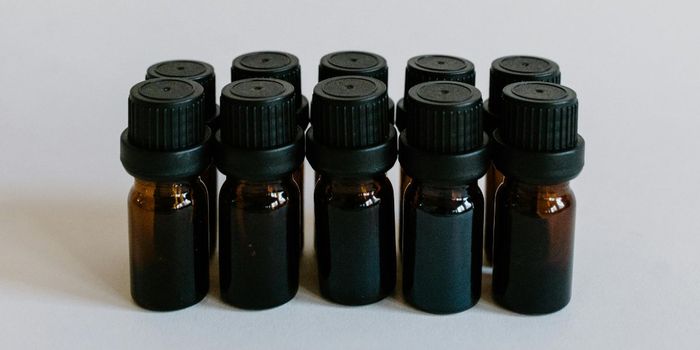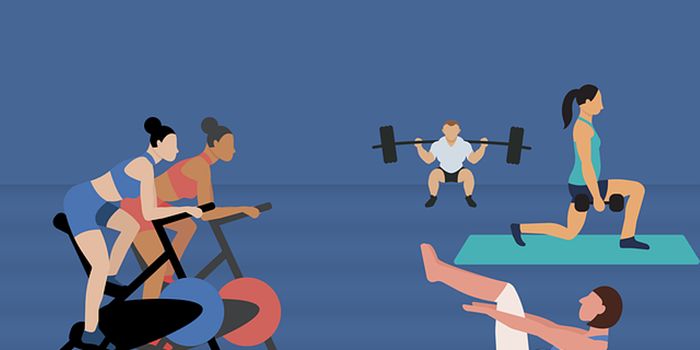Removing 2 Amino Acids Could Incapacitate Cancer
Amino acids are the building blocks of proteins that keep our cells alive and well. Unfortunately, these molecules are also giving life to cancerous cells that invade our bodies. Now, scientists report that cutting out just two amino acids could choke cancer’s growth while simultaneously making them more susceptible to dying. The results suggest carefully regimented diet changes could make chemotherapy more effective for some patients.
There are 20 amino acids that make up proteins in the human body. Five of these amino acids are produced naturally by the body (alanine, aspartic acid, asparagine, glutamic acid, and serine). Another six amino acids (arginine, cysteine, glycine, glutamine, proline, tyrosine) are considered conditionally essential, meaning they’re limited under certain health conditions. And finally, for the remaining nine amino acids (phenylalanine, valine, threonine, tryptophan, methionine, leucine, isoleucine, lysine, and histidine ), we humans have to get from our diet because our bodies can’t make these molecules.
Interestingly, researchers noticed that certain cancers can’t make some of these amino acids that they seem to crave. For example, they noticed that lymphoma and intestinal cancers are more dependent on their environment for glycine and serine. Could cancer’s growth be stunted by directly cutting their supply of these vital amino acids?
Indeed, researchers at the Cancer Research UK Beatson Institute and the University of Glasgow found that starving cancer of these two molecules seemed to stunt their growth. Furthermore, in the absence of serine and glycine, the cancer cells were more susceptible to death brought on by reactive oxygen species in the cells.
"Our findings suggest that restricting specific amino acids through a controlled diet plan could be an additional part of treatment for some cancer patients in the future, helping to make other treatments more effective,” said Dr. Oliver Maddocks, a Cancer Research UK scientist at the University of Glasgow, and the study’s lead author.
But the researchers were also quick to caution patients from potentially taking the results and running with it blind. "This kind of restricted diet would be a short term measure and must be carefully controlled and monitored by doctors for safety. Our diet is complex and protein -- the main source of all amino acids -- is vital for our health and well-being. This means that patients cannot safely cut out these specific amino acids simply by following some form of home-made diet,” said Karen Vousden, the senior study author.
It’s also important to note that the diet restriction may not work in all types of cancers. In particular, some cancers, such as pancreatic cancer, are able to make their own serine and glycine, which would render the starvation futile. Nevertheless, being able to distinguish the cancers that may respond to diet treatment versus those that won’t be affected will be another important tool for doctors to have.
"The next steps are clinical trials in people to see if giving a specialized diet that lacks these amino acids is safe and helps slow tumor growth as seen in mice. We'd also need to work out which patients are most likely to benefit, depending on the characteristics of their cancer,” said Dr. Emma Smith, science communication manager at Cancer Research UK. "This is a really interesting look at how cutting off the supply of nutrients essential to cancer cell growth and division could help restrain tumors.
Additional source: Cancer Research UK









